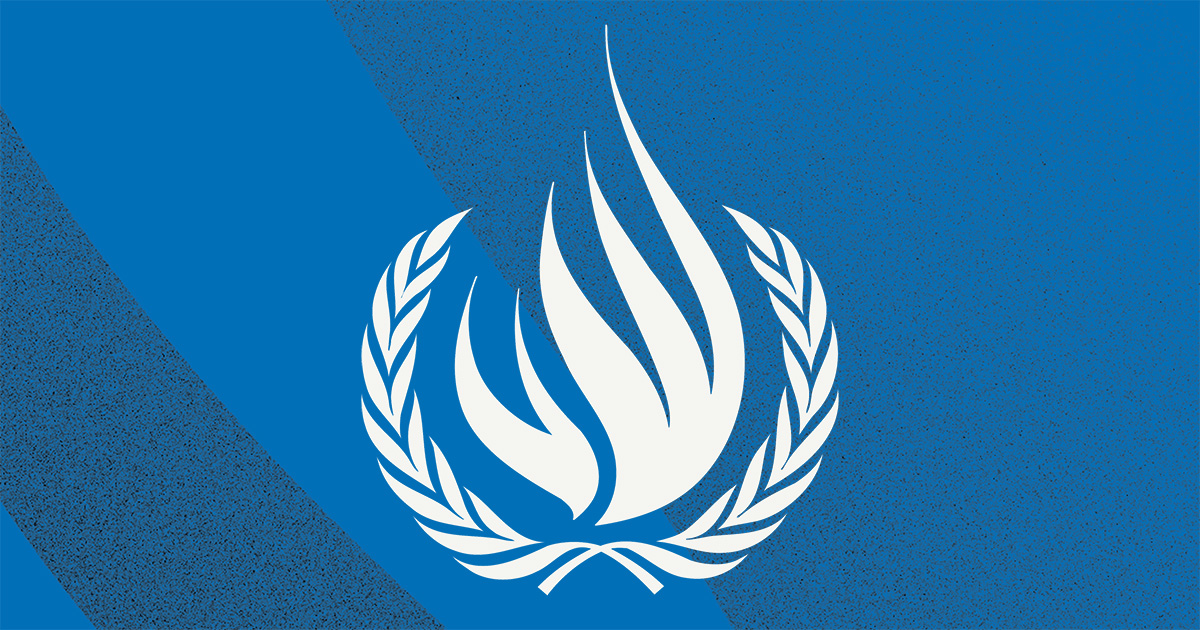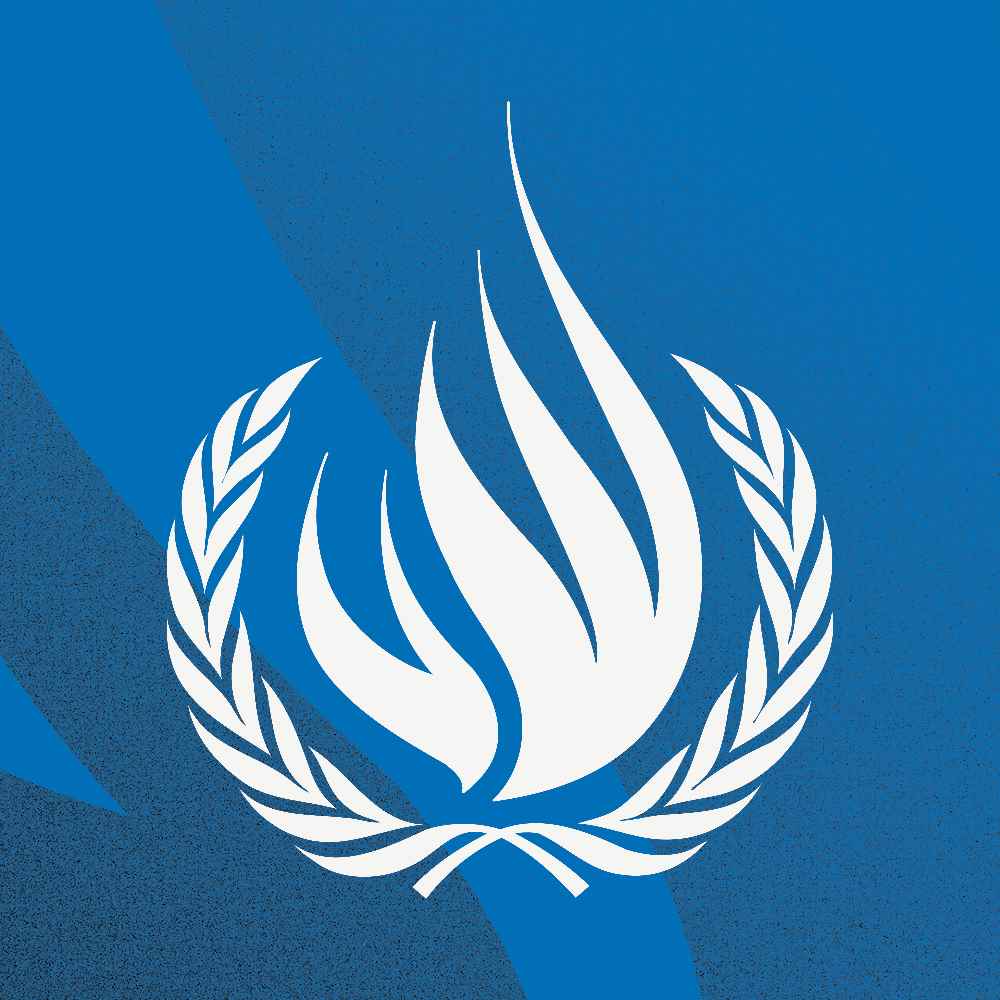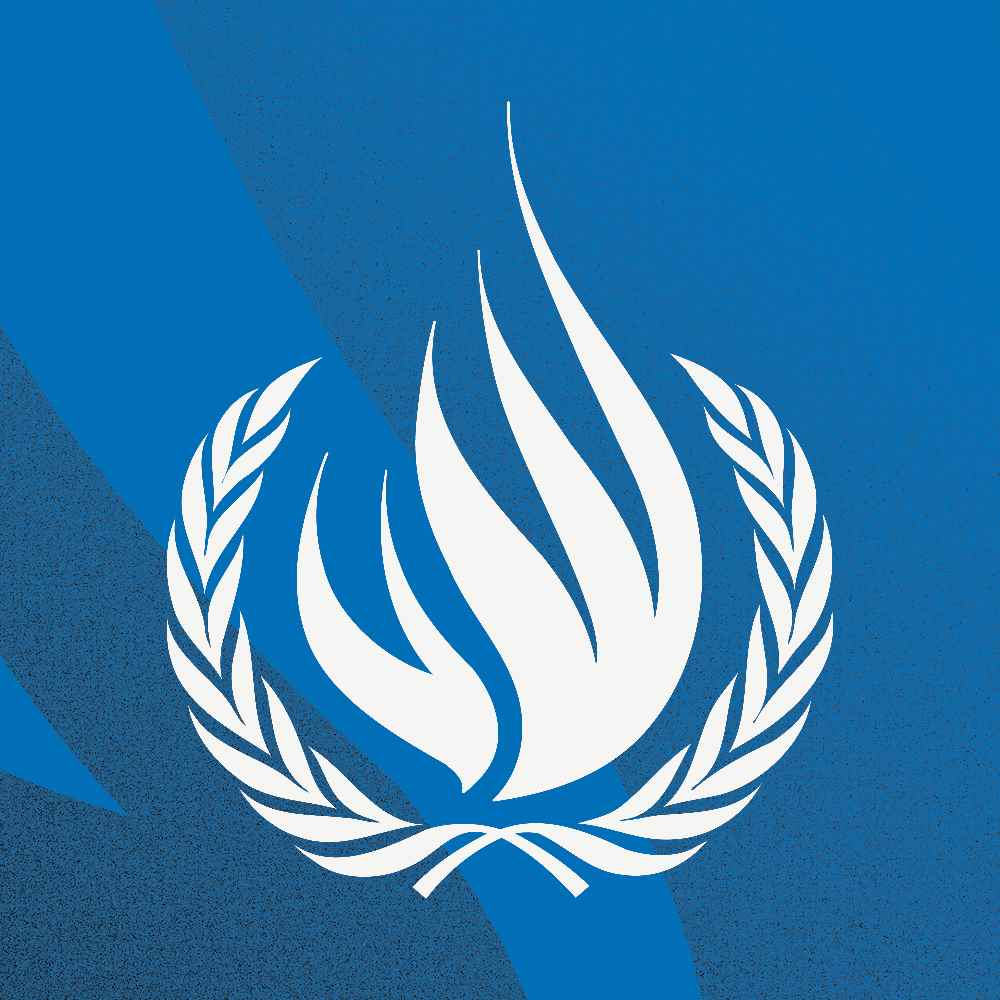
The Human Rights Committee today concluded its one hundred and thirty-sixth session after adopting concluding observations on the reports of Ethiopia, Japan, Kyrgyzstan, Nicaragua, Philippines and the Russian Federation. The Committee’s concluding observations on these reports are available on the webpage of the session.
Photini Pazartzis, Committee Chairperson, said that over the intense and productive session, the Committee had held constructive dialogues with the delegations of Ethiopia, Japan, Kyrgyzstan and the Philippines, and had also reviewed the periodic reports of Nicaragua and the Russian Federation, unfortunately in the absence of the delegation. In all reviews, the Committee had noted positive developments, identified areas of concern, and made recommendations.
The Committee had also adopted three lists of issues on Iran, Kuwait and Venezuela. In addition, it had adopted 63 decisions on individual communications. Of those, 19 were decided on the merits, 10 were declared inadmissible and 29 communications were discontinued. Regarding the cases decided on the merits, the Committee found violations in all 19 of them.
Further, the Committee had adopted two progress reports on follow-up to concluding observations and to Views, and guidelines on the procedure for follow-up to Views. Ms. Pazartzis thanked the follow-up rapporteurs for producing these reports and guidelines. The guidelines, she said, would help to ensure that States parties responded to follow-up to Views.
Ms. Pazartzis also reported that at its one hundred and thirty-seventh session session, scheduled to be held from 27 February to 24 March 2023, the Committee would review the periodic reports of Egypt, Panama, Peru, Sri Lanka, Turkmenistan and Zambia. The Committee would adopt lists of issues in relation to Namibia, Serbia and Syria and a list of issues prior to reporting on Kazakhstan. Further, the Committee would evaluate the reports of Belarus, Estonia, the Netherlands and Tajikistan under the follow-up procedure to concluding observations. Under the Optional Protocol, the Committee would consider several draft communications.
Ms. Pazartzis said that throughout the session, Committee Experts and the Committee Secretariat had fulfilled their duties professionally and passionately, expressing their views freely. This approach led to solid, common recommendations, decisions and work.
The Chairperson thanked the members of the Committee Bureau for their guidance, advice and wisdom and the Chairpersons of Treaty Bodies for their understanding and fruitful cooperation during the last two years. She wished good luck to the new High Commissioner for Human Rights and all staff of his Office in their difficult task during this period of history, in which multilateralism was facing major challenges affecting the whole United Nations system and in particular the human rights system. Further, she expressed warm appreciation to all who worked with the Committee, including United Nations entities, national human rights institutes and non-governmental organizations, for contributing to the successful session.
Ms. Pazartzis said that she was leaving the Committee after working with it for eight years. She expressed heartfelt thanks to all who worked with her over that period, and bid farewell to departing Committee Experts Yadh Ben Achour, Christopher Arif Bulkan, Shuichi Furuya, Duncan Muhumuza Laki, Vasilka Sancin and Gentian Zyberi. She wished all remaining members the best of luck in continuing the work of the Committee, and called on these members to support the seven new Experts that would join the Committee next year.
Committee Experts expressed thanks to Ms. Pazartzis for her wise and gracious leadership and to other departing Experts for their hard work, wisdom, support and contributions to the Committee. The Experts wished their departing colleagues well in their future endeavours. Several Experts commended Ms. Pazartzis’ “heroic” leadership and guidance through the difficult COVID-19 pandemic. The work of the departing members, an Expert said, was reflected by the significant progress made by the Committee in recent years. Remaining Committee Experts pledged to continue the important work of the Committee.
All the documents relating to the Committee’s work, including reports submitted by States parties, can be found on the session’s webpage. Meeting summary releases can be found here. The webcast of the Committee’s public meetings can be accessed via the UN Web TV webpage.
The Committee will hold its one hundred and thirty-seventh session from 27 February to 24 March 2023. In the session, the Committee will review the periodic reports of Egypt, Panama, Peru, Sri Lanka, Turkmenistan and Zambia.
Produced by the United Nations Information Service in Geneva for use of the information media;
not an official record. English and French versions of our releases are different as they are the product of two separate coverage teams that work independently.








